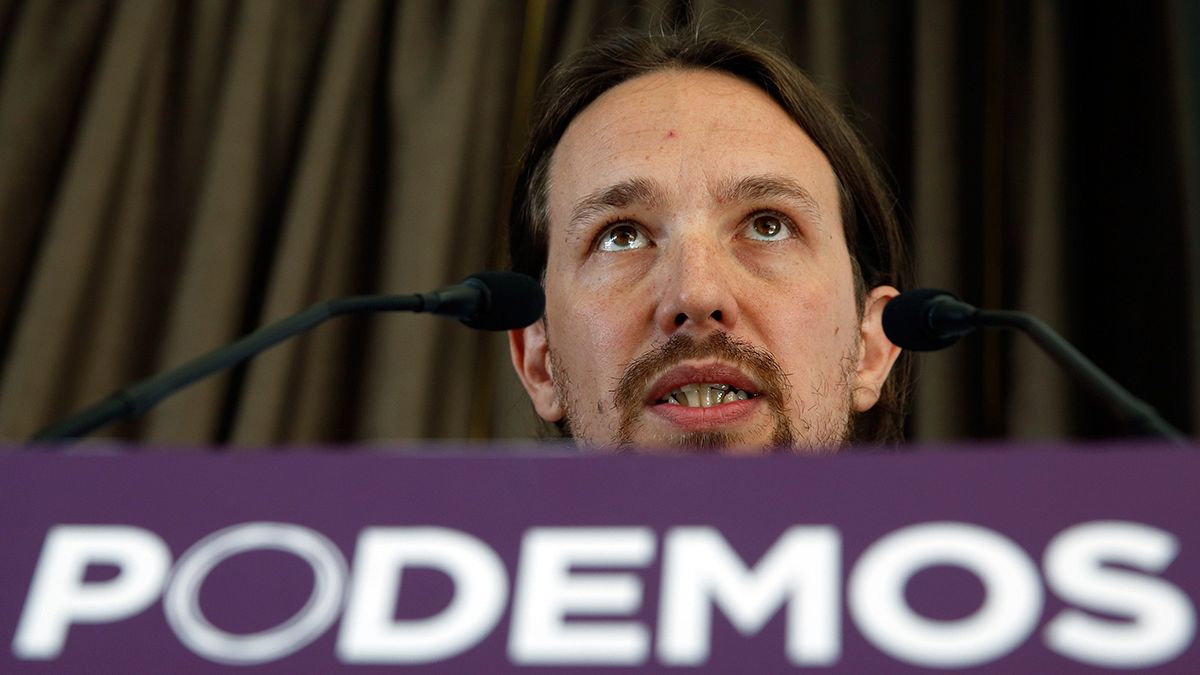Since the end of the Franco era and the dawn of modern Spain, two political parties, the centre-right People’s Party (PP) and the Socialist Party (PSOE) have managed between them to maintain a stranglehold on political power. But that may well be about to change.
According to a respected official opinion poll, the newly-formed Podemos party would come a close third if a parliamentary election were to be held today; the poll of 2,480 Spaniards published in the El Pais newspaper on Sunday actually suggests Podemos is currently Spain’s most popular party, with 17.6% of respondents claiming they would vote for it, compared to 14.3% for the Socialists and 11.7% for the PP. But factoring in historical data, the adjusted figures presented by the Centre for Sociological Investigations (CIS) would put Podemos on 22.5% of the national vote, five points behind the PP and little more than one percentage point behind the Socialist Party.
Podemos, meaning ‘We can’ in Spanish, was founded in January by academic Pablo Iglesias. It owes its relative popularity to a general dissatisfaction with the established parties among a population that has had to endure a string of political scandals and six years of economic misery that have created Europe’s highest rate of unemployment.
El Pais does caution that the ‘historical data’ used to adjust the results does not yet exist in Podemos’ case but still describes the poll’s findings as a “political earthquake.”
The figures are damning for the current ruling PP with just a year to go before the next general election: more than 60% of those asked said they would never vote for the party. More than two thirds assessed the current government as either “bad” or “very bad”, while more than 85% said Prime Minister Mariano Rajoy inspired little or no confidence.
How many people polled said they would never vote for a particular party:
LA COCINA DEL CIS (3): El CIS otorga mayoría al PP (27,5%) pese a que el 60% de la población "no le votaría nunca" pic.twitter.com/P84pNVPywG
— Javier Ruiz (@Ruiz_Noticias) 5 Novembre 2014
Podemos must still refine its policies and improve its structure if it is to translate the five seats it won in May’s European elections into a significant victory on a national scale. Where once it talked about nationalising Spain’s biggest companies, it now threatens to do this only where companies renege on their social responsibility. It has qualified a promised default on national debt by including making an audit of national debt before any such decision.
Iglesias is also trying to lay the foundations of a party that can be taken seriously by developing Podemos’ political structure nationwide. Next week he is expected to be confirmed by party members as leader. That will leave him with one year to cement current support and convince more voters that Podemos is a credible alternative. His task will only be made easier if the two established parties fail to heed the warning printed in El Pais.
The shrinking numbers of the two main parties since 1996:

